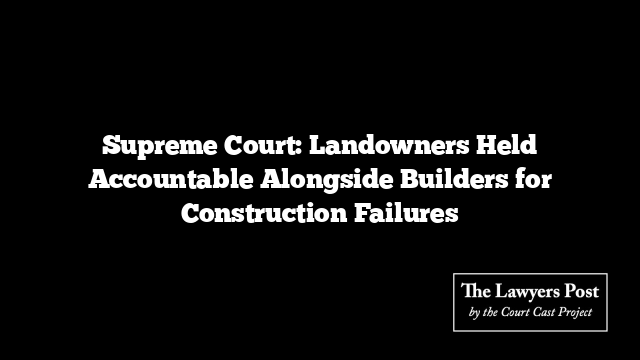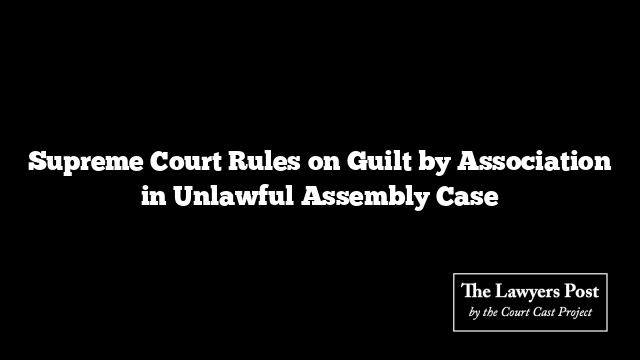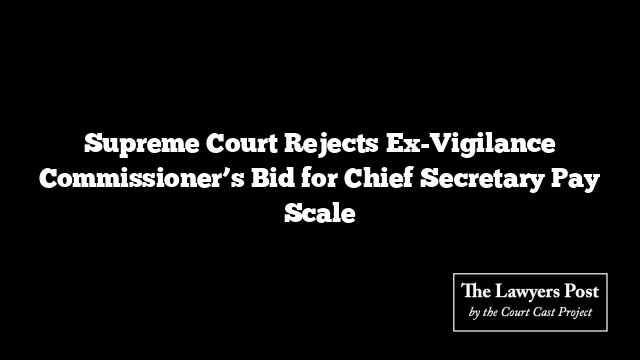In this case, the landowners had entered into a Joint Venture Agreement (JVA) with a builder for the development and sale of flats. They also executed an Irrevocable Power of Attorney (IPA) in favor of the builder, allowing the builder to handle the sale agreements. However, the landowners revoked this power in August 2014, claiming they were no longer liable for the builder’s actions after that date.
Despite the revocation, the Court noted that the JVA had not been terminated, and therefore, the landowners were still accountable for agreements made with flat buyers prior to the revocation. The bench emphasized that the term “henceforth” used in the revocation letter only applied to future actions, meaning the landowners remained liable for previous dealings.
The National Consumer Disputes Redressal Commission (NCDRC) and the Maharashtra State Consumer Disputes Redressal Commission had earlier ruled in favor of the flat buyers, finding both the builder and landowners responsible for delays and deficiencies in completing the construction. The Supreme Court upheld these rulings, asserting that the landowners could not absolve themselves of liability simply by revoking the IPA.
The Court observed that, while the landowners revoked the power of attorney in 2014, they did not take any action to terminate the JVA, which remained in force. This inaction, combined with their failure to address the builder’s non-compliance, cemented their continued liability.
This ruling serves as a stern reminder that landowners in such joint ventures bear responsibility for issues arising during the construction process, regardless of later attempts to distance themselves from the project.
Download Judgement





